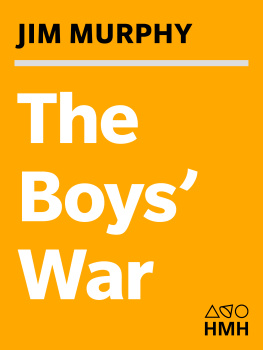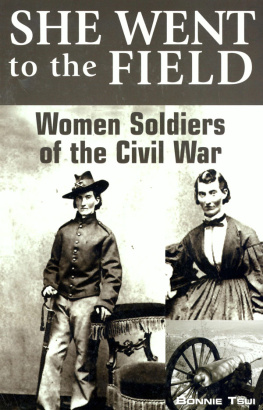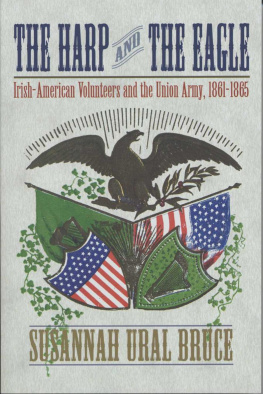D. H. Dilbeck - A More Civil War: How the Union Waged a Just War
Here you can read online D. H. Dilbeck - A More Civil War: How the Union Waged a Just War full text of the book (entire story) in english for free. Download pdf and epub, get meaning, cover and reviews about this ebook. City: Chapel Hill, year: 2016, publisher: University of North Carolina Press, genre: Politics. Description of the work, (preface) as well as reviews are available. Best literature library LitArk.com created for fans of good reading and offers a wide selection of genres:
Romance novel
Science fiction
Adventure
Detective
Science
History
Home and family
Prose
Art
Politics
Computer
Non-fiction
Religion
Business
Children
Humor
Choose a favorite category and find really read worthwhile books. Enjoy immersion in the world of imagination, feel the emotions of the characters or learn something new for yourself, make an fascinating discovery.

- Book:A More Civil War: How the Union Waged a Just War
- Author:
- Publisher:University of North Carolina Press
- Genre:
- Year:2016
- City:Chapel Hill
- Rating:3 / 5
- Favourites:Add to favourites
- Your mark:
A More Civil War: How the Union Waged a Just War: summary, description and annotation
We offer to read an annotation, description, summary or preface (depends on what the author of the book "A More Civil War: How the Union Waged a Just War" wrote himself). If you haven't found the necessary information about the book — write in the comments, we will try to find it.
In contrast to recent scholarship focused solely on the Civil Wars carnage, Dilbeck details how the Union sought both to deal sternly with Confederates and to adhere to certain constraints. The Unions earnest effort to wage a just war ultimately helped give the Civil War its distinct character, a blend of immense destruction and remarkable restraint.
D. H. Dilbeck: author's other books
Who wrote A More Civil War: How the Union Waged a Just War? Find out the surname, the name of the author of the book and a list of all author's works by series.





